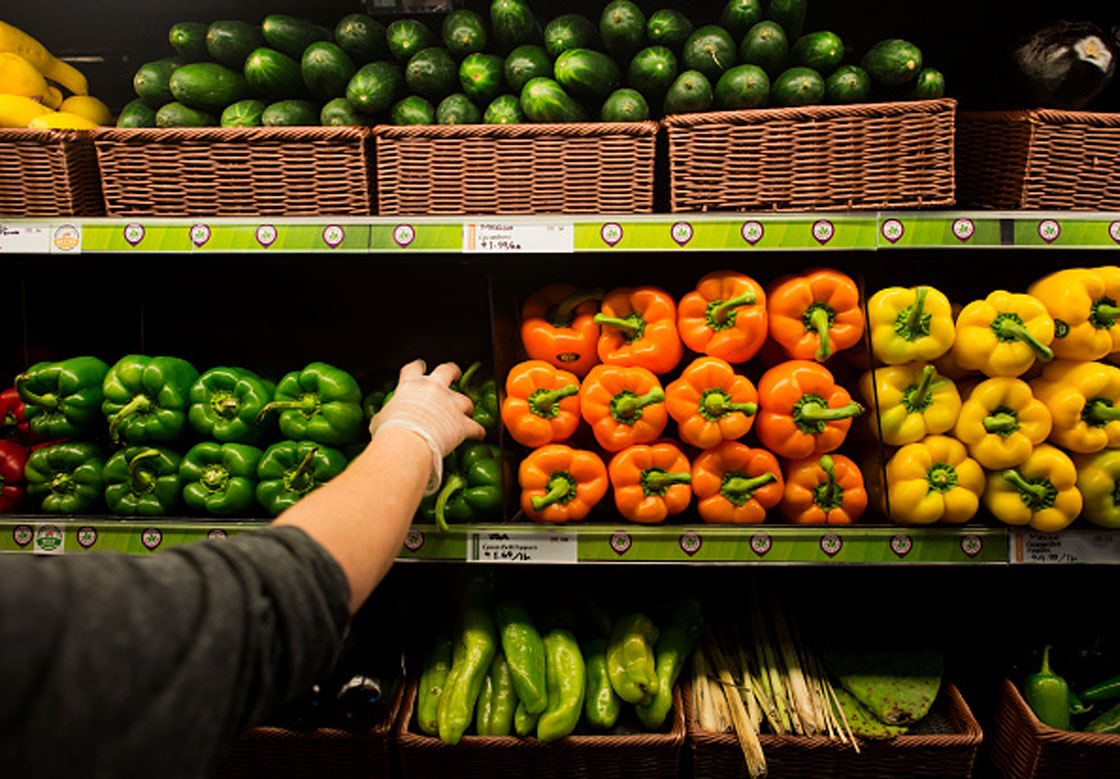While the notion of a guaranteed basic income has proven to be controversial, a new report from the Northern Policy Institute suggests a implementing a program of the sort would lead to more than just financial health.

The report examined a group of low-earning people in Ontario, finding that a basic income would allow for much more flexibility when it came to basic necessities like food.
Speaking on CKNW’s Jill Bennett show, author of the report and University of Toronto professor Dr. Valerie Tarasuk says that flexibility would eliminate what scientists call “food insecurity,” the state in which many lower-income people live without access to affordable nutritious food.
She says it’s an issue that exacerbates the longer it’s left unchecked.

Get weekly health news
“People who are struggling to afford the food they need have worse health then the rest of us and their health systematically deteriorates the longer they’re in those situations.“
And Tarasuk says it isn’t just affecting those with lower incomes.
“In a country where we have publically-funded health care, that means we have a cost because to have a large chunk of our population unhealthy and getting unhealthier by the day. It means we’re picking up the tab for emergency department visits and hospitalizations and all sorts of other things.”
In fact, Tarasuk’s report found that the healthcare costs of severely food insecure households were over two-thirds higher than those with higher incomes.
She says it isn’t an issue that only effects Ontarians, either – it hits closer to home than most would like to think.
“Even in British Columbia, there would be close to two-out-of-three food insecure that are in the work force. Fixing social assistance is a very important thing to do because they’re at an extremely high risk of food insecurity.”
Back in April, Ontario Premier Kathleen Wynne announced the province would be providing 4,000 people living below the poverty line with monthly income, regardless of whether or not they are working.
That experiment led to a mixed response, with some opposed to the plan claiming the program would force working Ontarians to subsidize the lifestyles of those who choose not to.
However, those for the plan, like Tarasuk, say the benefits of the program outweigh the cost for taxpayers – benefits her report suggests could extend nationwide.










Comments